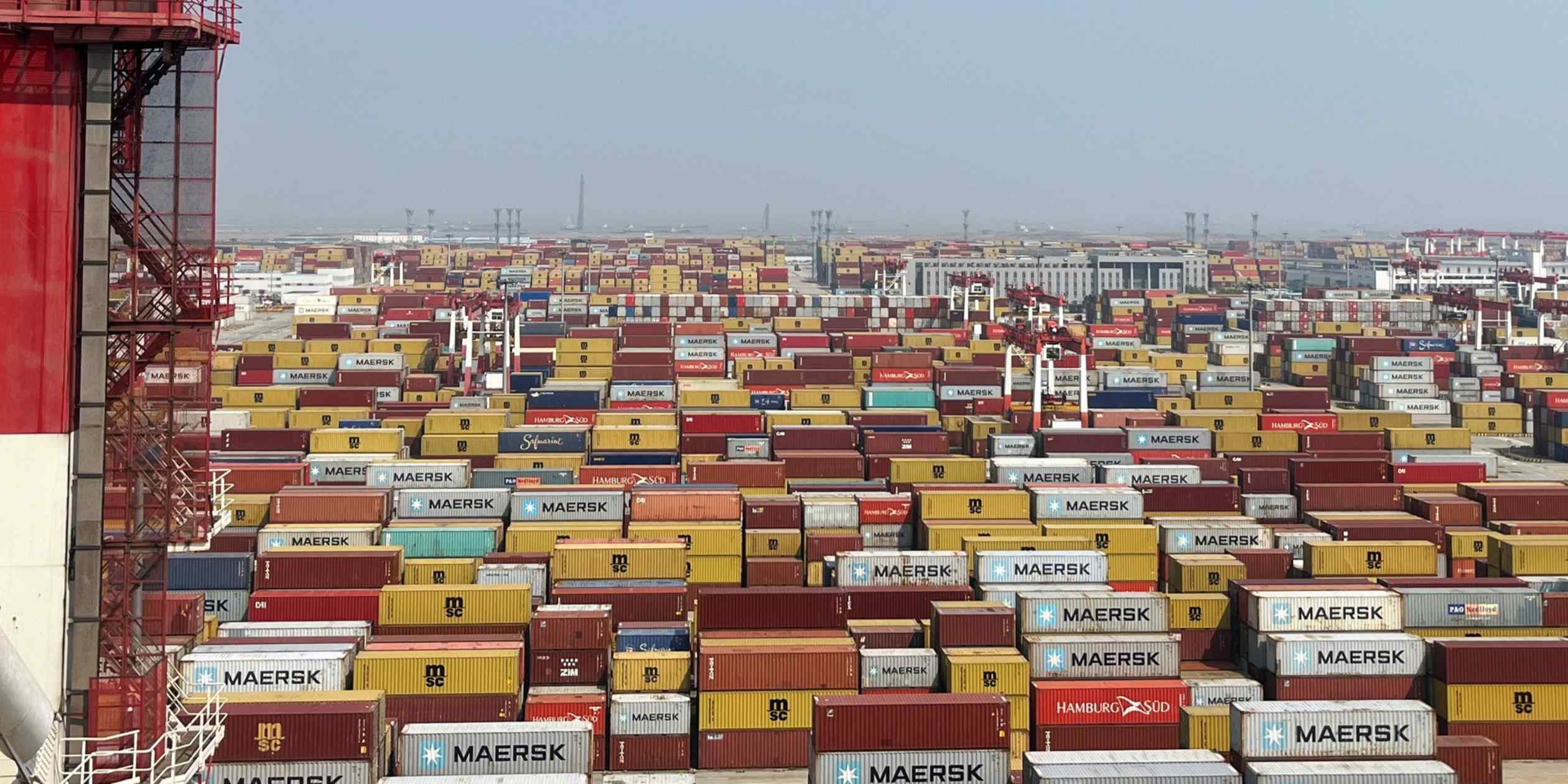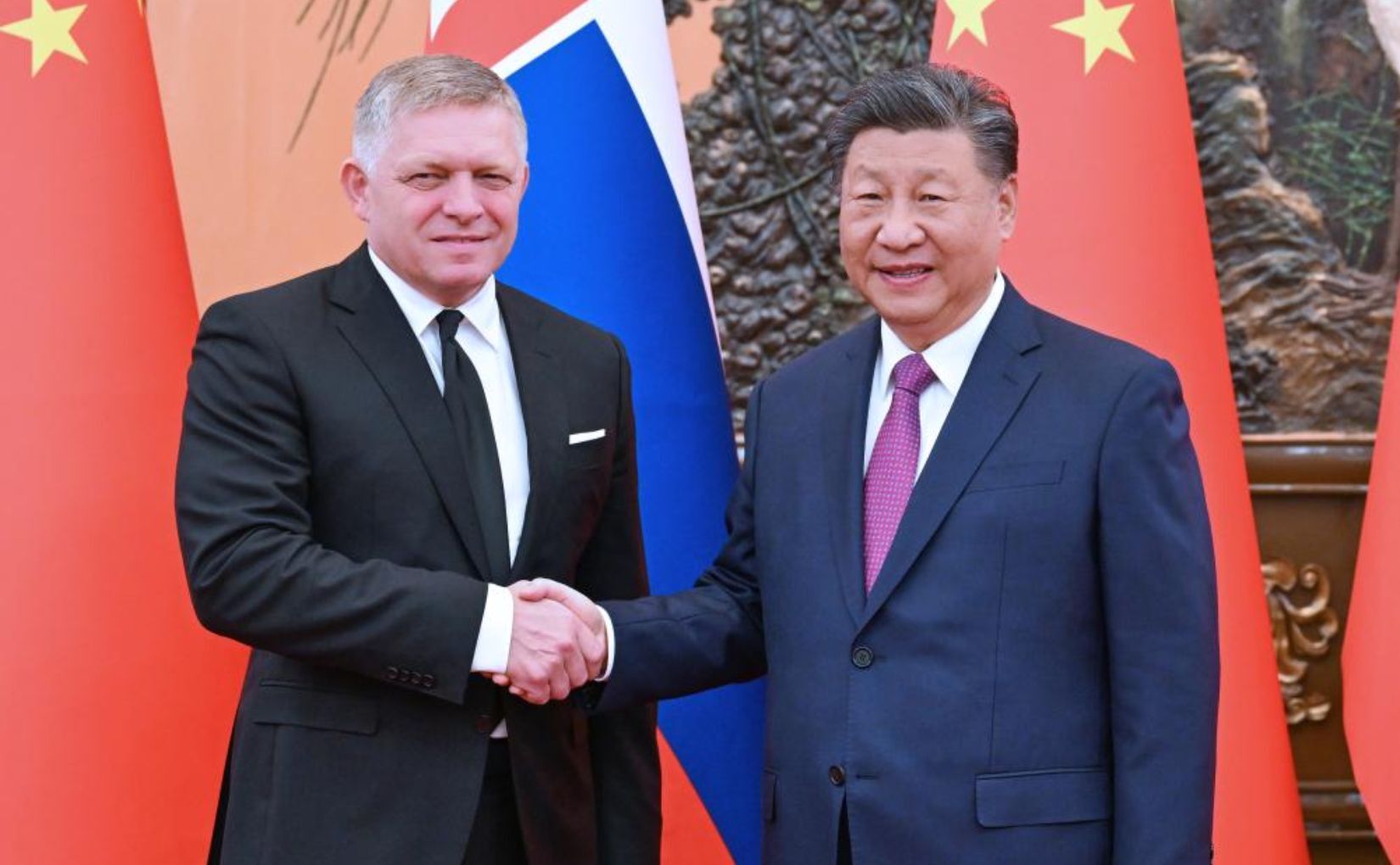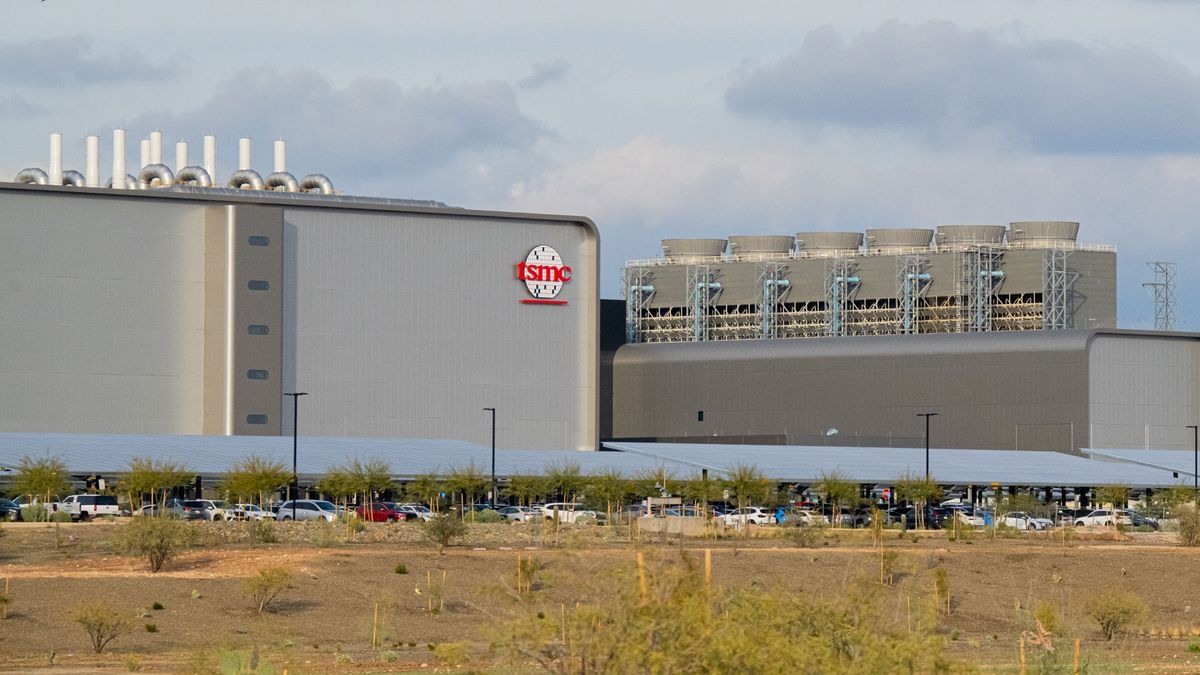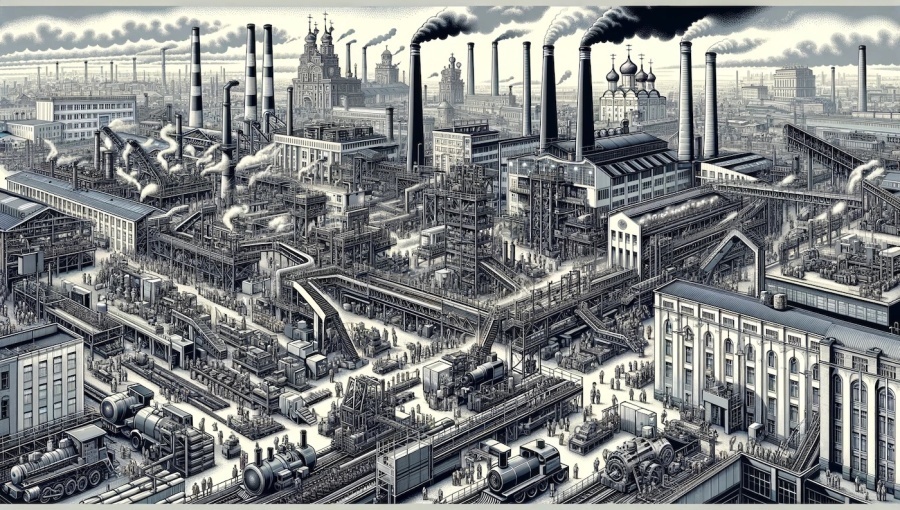☆ Yσɠƚԋσʂ ☆
- 2.74K Posts
- 4.44K Comments
No, I really have no clue what you mean by that because you’re implying Putin’s role is far larger than it actually is. When he steps down, it’s most likely that it’s going to be Medvedev that replaces him. You evidently have absolutely no clue about Russian politics.

 5·2 hours ago
5·2 hours agoHow to say you’re historically illiterate without saying you’re historically illiterate. 👆

 3·2 hours ago
3·2 hours agoHowever, the way these primal instincts are expressed obviously changes based on the rules of societies we create. USSR and post-Soviet Russia serves as a perfect real world example. The same people who generally acted in the interest of society under socialist structures quickly learned how to become oligarchs under the capitalist set of rules. In effect, the way society is structured acts as a selection pressure for human behavior.

 3·2 hours ago
3·2 hours agoThe US is clearly starting to distance itself from project Ukraine now. That said, I don’t expect that the US will alter its stance to simply admit that Russia has won. The most probable scenario is that Russia and the US will secretly negotiate a behind-the-scenes agreement, and the US will just cut aid to Ukraine while continuing to publicly engage in verbal posturing. The US admin will say that it has more pressing concerns with China and the Middle East, and it’s now time for Europe to step up and assume a larger role. However, everyone knows that Europe is not any position to do so. Therefore, the conflict will likely end on Russian terms without the US openly admitting defeat. As an added bonus, the US will secure lucrative military contracts with European nations for decades to come.

 42·2 hours ago
42·2 hours agoHe’s likely just going to flee to US or UK in the end.
The whole context of this discussion was me saying that Russia is more competently run than the US. 🤷
Not sure what you mean by that. Putin doesn’t run Russia single handedly like he’s playing civ or something. Absolutely incredible that anybody could think that the entire Russian government hinges on Putin.
China is indeed more competent, however we were comparing Russia to the US here. There’s is no metric by which you could say the US is better governed or more politically stable than Russia at the moment.

 21·5 hours ago
21·5 hours agoYou mean the way the west has been since 2014 in Ukraine?

 2·6 hours ago
2·6 hours agoRussia won, it’s time to start engaging with reality.

 4·6 hours ago
4·6 hours agoI’m hoping we’ve reached a point where this is a self reinforcing phenomenon with enough socialist and socialist friendly states in the world to make it easier for new ones to form going forward.

 21·8 hours ago
21·8 hours agoOh I am dealing with facts. Russia is aligned with the global majority against the racist colonial west. Afraid your western-individualist petite bourgeoisie ‘personality’ will be ruined by confronting reality?

 42·8 hours ago
42·8 hours agoThe regime you ally yourself with is openly fascist. Period. You are a nazi lover.

 42·8 hours ago
42·8 hours agokeep deflecting clown

 21·9 hours ago
21·9 hours agoPoland is like one of the most racist countries on this planet. Take a seat there maybe bud. It’s frankly embarrassing.

 21·9 hours ago
21·9 hours agoYou’re blood thirsty war mongers who allied themselves with literal fascists.
Yeah, I call a government that defeated NATO in Ukraine and manged to grow the economy despite the sanctions competent.

 32·9 hours ago
32·9 hours agoPolish antifa have shown themselves to be about as anti-fascist as national socialists.















I’ve given you a simple answer. Were there words in there that you didn’t understand?
Not sure what point you’re trying to make here. The fact that you think Russia is some sort of a dictatorship further highlights just how utterly clueless you are about it.
You’ve made it abundantly clear that you are utterly clueless on Russia by claiming that it’s a dictatorship and insinuating that Putin runs the government single handedly. Nobody is dancing around anything. That’s just a straw man you’re making based on your lack of understanding of the subject you’re attempting to debate here. If you think that Russia is going to fall apart when Putin steps down then you’re in for a really big surprise.